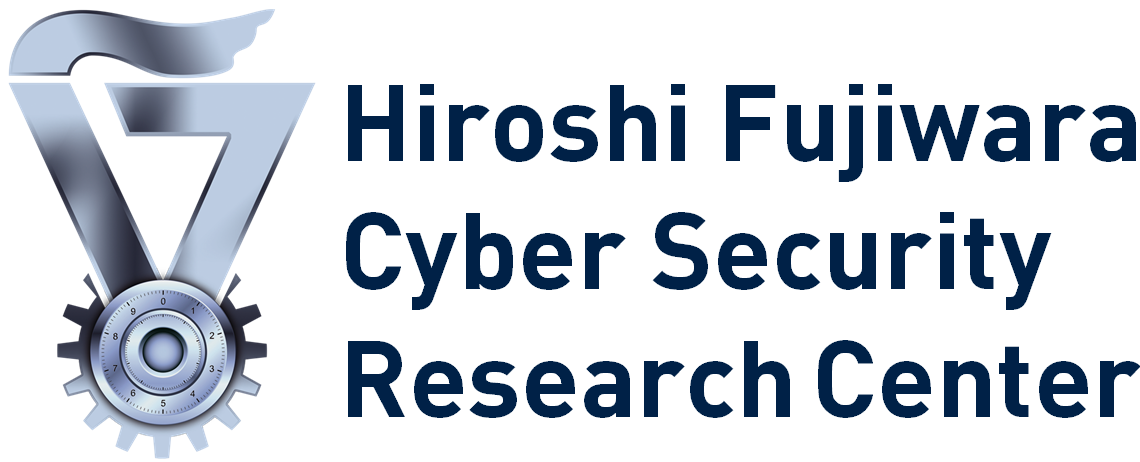Back to the program
Title: Engineering Privacy preserving systems: Two case studies
Speaker: Ross Anderson, University of Cambridge, UK
For the Talk slides Please click here
For the talk Video on YouTube please click here
Date: September 07, Monday
Time: 13:00– 15:00 (Israel, UTC+03:00)
11:00 – 13:00 (UK, UTC+01:00)
06:00 – 08:00 (EDT UTC-04:00)
20:00 – 22:00 (AEST UTC+10:00)
Abstract:Inference control research has washed through the security community in four waves. The first wave, around 1980, was driven by the needs of census agencies and led to the classical theory of statistical disclosure control. The second, from the mid-1990s, tackled the richer data in applications such as medical records. The third, from the mid-2000s, was driven by global-scale applications such as search and preference aggregation, while the fourth combines the complexity of the second wave with the scale of the third in its consideration of social networks, of location data and of what can be done with them using tools such as machine learning. I’ll also discuss the policy responses.
My talk covered chapter 11 and some of the material from chapter 10. here is the link
Bio: Ross Anderson is Professor of Security Engineering at Cambridge University. He has worked on many technical security topics from cryptography and hardware tamper-resistance to adversarial machine learning, and has also been involved in technology policy issues from the regulation of cryptography to the safety and privacy of clinical information systems. He is the author of the well-known textbook “Security Engineering”.

